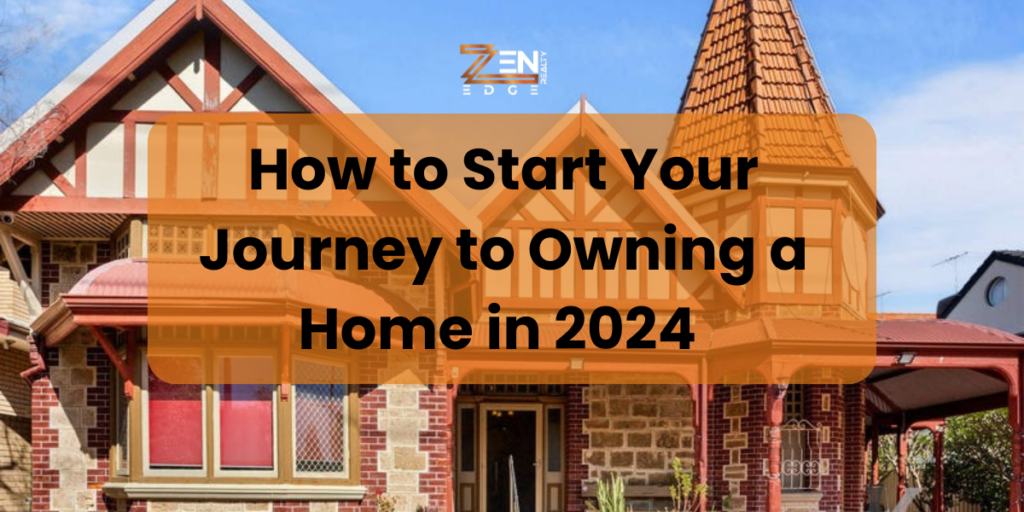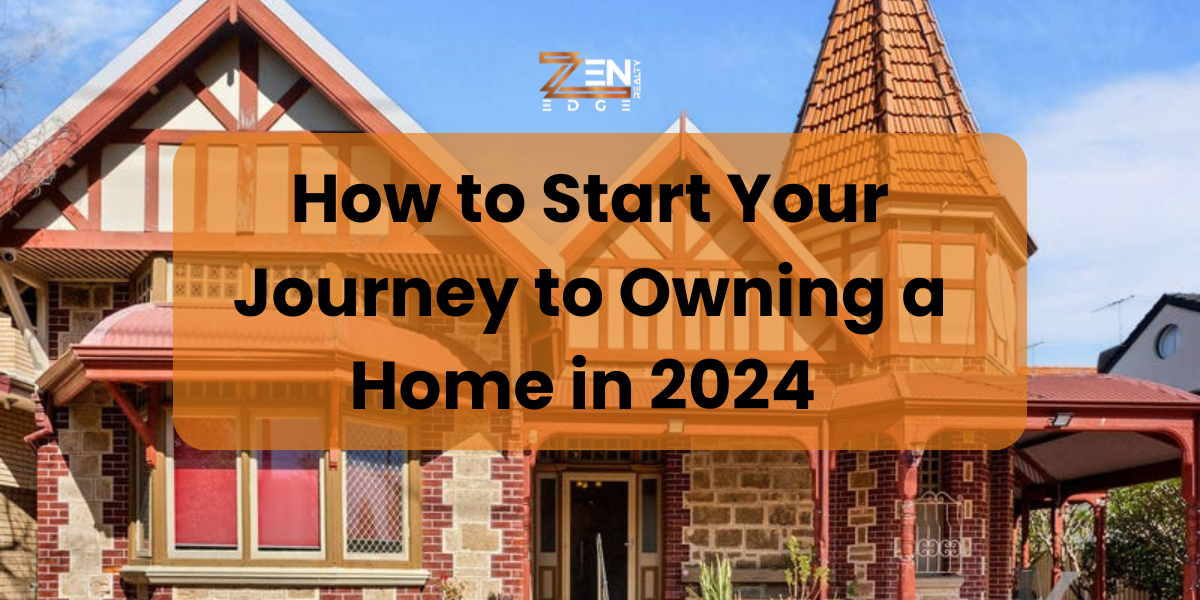
Introduction:
Buying a home is a big decision, and starting the journey can feel overwhelming. Whether you’re a first-time buyer or looking for your next investment property, knowing where to begin is crucial. I want to make this process easier for you by breaking it down into simple steps.
Understanding your financial situation is the first step. It’s important to know how much you can afford before you start looking at homes. Then, you need to create a realistic budget that includes all the costs of buying a home, not just the price of the property. Once you have a clear budget, you can start researching the property market to find homes that fit your needs.
Navigating the home-buying process successfully means being informed and prepared. From making an offer to understanding the legal aspects, every step is important. By following these steps and staying organised, you can make your journey to owning a home in 2024 smooth and successful. Let’s dive into the details to get you started on the right path.
Understanding Your Financial Situation
Before diving into the property market, it’s crucial to understand your financial standing. Start by reviewing your income, savings, and ongoing expenses. Calculate your monthly income after tax, and then subtract your regular expenses like bills, groceries, and transport costs. This will give you a clear picture of how much money you have left over each month that could go towards a mortgage.
Next, check your credit score. Your credit score impacts your ability to get a home loan and the interest rate you’ll be offered. You can get a free copy of your credit report online. Look for any errors and fix them before applying for a mortgage. Improving your credit score can help you qualify for better loan terms.
Creating a Realistic Budget for Your Home Purchase
Creating a budget for buying a home involves more than just looking at the purchase price. Start by figuring out how much you can borrow. Use online mortgage calculators to get an idea, but remember these tools provide estimates, not guarantees. It’s a good idea to speak with a mortgage broker who can give more accurate advice based on your financial situation.
Include all potential costs in your budget. These include the deposit, stamp duty, legal fees, inspection costs, and moving expenses. Don’t forget ongoing costs like council rates, utility bills, and maintenance. By accounting for all these expenses, you create a realistic budget that ensures you can comfortably afford your new home without financial stress.
With a clear understanding of your finances and a solid budget in place, you’re well on your way to starting your home buying journey. The next step is to research the property market to find the best options that fit your needs and budget.
Researching the Property Market
Now that you have a clear budget, it’s time to research the property market. Start by deciding on the location you want to live in. Think about proximity to work, schools, public transport, and other amenities. Make a list of your must-haves and deal-breakers to narrow down your search.
Use online property listings to get an idea of what’s available in your chosen area. Attend open houses and inspections to see properties in person and get a feel for the neighbourhood. Take note of the asking prices and how long properties stay on the market. This information can help you make an informed decision when it comes time to make an offer.
Talking to locals can provide insights that you might not find online. They can tell you about the community, future developments, and even potential problems in the area. The more you know, the better prepared you’ll be to find the perfect home.
Navigating the Home Buying Process Successfully
Buying a home involves several steps, and it’s essential to navigate them efficiently. Once you find a property you like, it’s time to make an offer. Start with a realistic but competitive offer based on your research. If the seller accepts, you’ll move to the contract stage.
The next step is to arrange for a property inspection. This will uncover any issues that might need fixing and can affect the final sale price. Be prepared to negotiate if the inspection reveals problems.
Understand the legal aspects of buying a property. You’ll need a solicitor or conveyancer to handle the paperwork and ensure everything is in order. They’ll check the contract, handle the transfer of funds, and make sure the property title is clear. By staying organised and informed, you’re more likely to have a smooth home buying experience.
Conclusion
Starting your journey to owning a home can be exciting and manageable when you break it down into simple steps. From understanding your financial situation to creating a realistic budget, researching the market, and navigating the buying process, each step is crucial. By being well-prepared and organised, you’ll make smarter decisions and avoid common pitfalls.
If you’re ready to take the next step towards owning your dream home, ZenEdge Realty is here to assist you. Our comprehensive property buying guides and expert advice can help make your home buying experience a success. Contact us today to check our list of real estate for sale in Perth.
Discover the ZenEdge Realty advantage! Get an expert appraisal, confidently sell, and find your dream home with us. Get an Appraisal, Buy, or Sell with the Experts! Visit www.zenedgerealty.com.au.

Leave a Reply